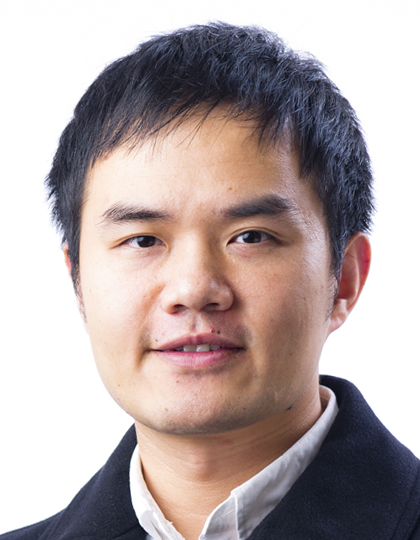The Effects of Participating in a Physician-Driven Online Health Community in Managing Chronic Disease : Evidence from Two Natural Experiments
Information Systems
Qianqian Ben Liu, Xiaoxiao Liu, Xitong Guo
Published in MIS Quarterly, March 2020
Thanks to the Internet plus healthcare initiative, there has been a robust growth of Internet and social media-based healthcare platforms in China. These platforms have been experimenting with various ideas to provide patients with better care. Our research examines a leading Chinese online healthcare platform, which allows any physician to set up his or her own online community. After consulting a physician on the platform, a patient will be automatically granted membership to the physician’s online community, where the patient can further interact with the physician and other patients who have consulted with the physician. These “physician-driven online health communities” are different from the commonly found patient-oriented online communities, where the interactions are only between patients (e.g., PatientsLikeMe).
“We believe that physician-driven online health communities may be better suited for chronic disease self-management, such as for diabetes or depression, than traditional patient-oriented communities,” says Liu.
Physician-driven communities enable patient–physician partnerships and generate better self-management support by integrating physicians’ medical expertise and peer-patients’ experiences.
“We argue that both patient and physician participation in physician-driven communities will improve patient wellbeing and patient–physician relationships,” he added.
We investigate two common chronic diseases: diabetes and depression. Though we find both patient and physician participation significantly improve patient wellbeing and patient–physician relationships, there are interesting nuances in these effects over time. Specifically, the effect of physician participation on patient wellbeing is more persistent for depression than for diabetes. The effect of physician participation on patient–physician relationships is significant but short-lived for both diabetes and depression. In contrast, the effect of patient participation on patient wellbeing is persistent for both diabetes and depression, but the effect of patient participation on patient–physician relationships is also short-lived for both diabetes and depression.
Investigating the effects of physician-driven communities on patient wellbeing and patient–physician relationships has important policy implications. Given the large and increasing number of chronic disease patients in China and the long-term burden of these diseases, physician-driven communities may be a solution to lowering the burden on the healthcare system. Furthermore, improving patient–physician relationships is an important social issue in China: threats and violence towards medical professionals have been frequently reported in news media. At the core of this issue is the strained relationship between patients and medical professionals. Our research suggests that physicians in China may leverage physician-driven communities to improve relationships with their patients.

